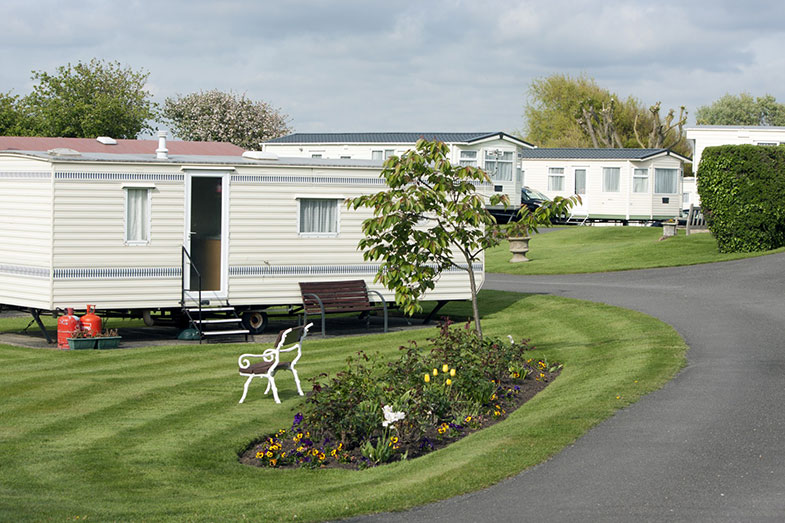Stable, cheap housing may become more prevalent in the coming future to cut living costs. A dependable and encouraging home environment can support individuals to spend their money on critical urgencies.
Low-income people’s performance in every sphere of life may be facilitated by affordable mobile homes by promoting family financial security, limiting family mobility, providing safety, fostering living conditions, and offering a framework for communal growth.
Should you Make a Mobile Home Investment?
You won’t consider a mobile home to be an investment if you’re wise. Purchasing a mobile home is comparable, financially speaking, to purchasing a very large vehicle that you can sleep in. And we are all aware that autos depreciate with time.
Some people like to make the case that buying a mobile home is preferable to renting an apartment or house. But let’s look more closely. All you lose is the $1,200 you pay in rent each month, for example. However, because a mobile house may lose value so quickly, purchasing one still results in daily financial loss. Tax-wise, it can look wonderful, but it’s bad for your home’s market value.
A mobile house is ultimately a gamble, and the chances aren’t in your favor. Gambling is only enjoyable if you can afford to lose the wager. You don’t want to involve your entire family in a poor long-term wager.
Benefits of Purchasing a Mobile Home
The benefits of purchasing a mobile home are numerous.
- Less Expensive Overall:
Mobile home parks in Montana are considerably less expensive than conventional single-family dwellings. The median sales price of a single-family home in the second quarter of 2022 was $440,300, according to the Federal Reserve Bank. You would pay thousands less for a brand-new triple-wide.
- Build Quickly:
There are no weather delays because mobile homes are made in climate-controlled warehouses. They must also be constructed in accordance with particular HUD codes.
- Simple Modifications:
The housing can be customized to your needs, and larger units can even provide you with more space.
- Financing Options:
Mobile home financing options include loans backed by the Federal Housing Administration (FHA), a U.S. government agency.
As well as chattel mortgages, the Department of Agriculture (USDA) and the Department of Veterans Affairs (VA).
Potential Obstacles
Despite the financial benefits, prefabricated homes are still a neglected and unappreciated segment of the housing industry. The Manufactured Housing Institute estimates that more than 21 million Americans reside in manufactured houses, although this particular property type is still stigmatized.
According to Gooch, “one of the issues we are facing is the stigma around our residences.” “Most people think of mobile homes when they hear the term prefabricated home. They consider trailers. They are not considering the kinds of houses that are being built now. We have to dispel that notion that people have.
Those unfavorable opinions have a long history. In some way or another, many customers, real estate agents, lenders, appraisers, and housing economists connect manufactured housing to low-value houses in bad locations, which is a prescription for depreciation rather than appreciation.
Another problem is safety; in the 1990s, the Durans’ old trailer burned and was destroyed.
Additionally, older mobile houses lacked the current models’ improved weather protection.
Manufactured Homes Gaining Momentum
The affordability crisis has drawn new attention to factory-built mobile home parks in Texas in a recent upsurge. In order to help more Americans afford homes, the Lincoln Institute of Land Policy recommended Fannie and Freddie finance more manufactured homes in January. The suggestion was made in part due to the fact that manufacturers of manufactured homes are producing higher-quality goods.
Building homes that are identical to those on-site has been more popular in the previous few years.

